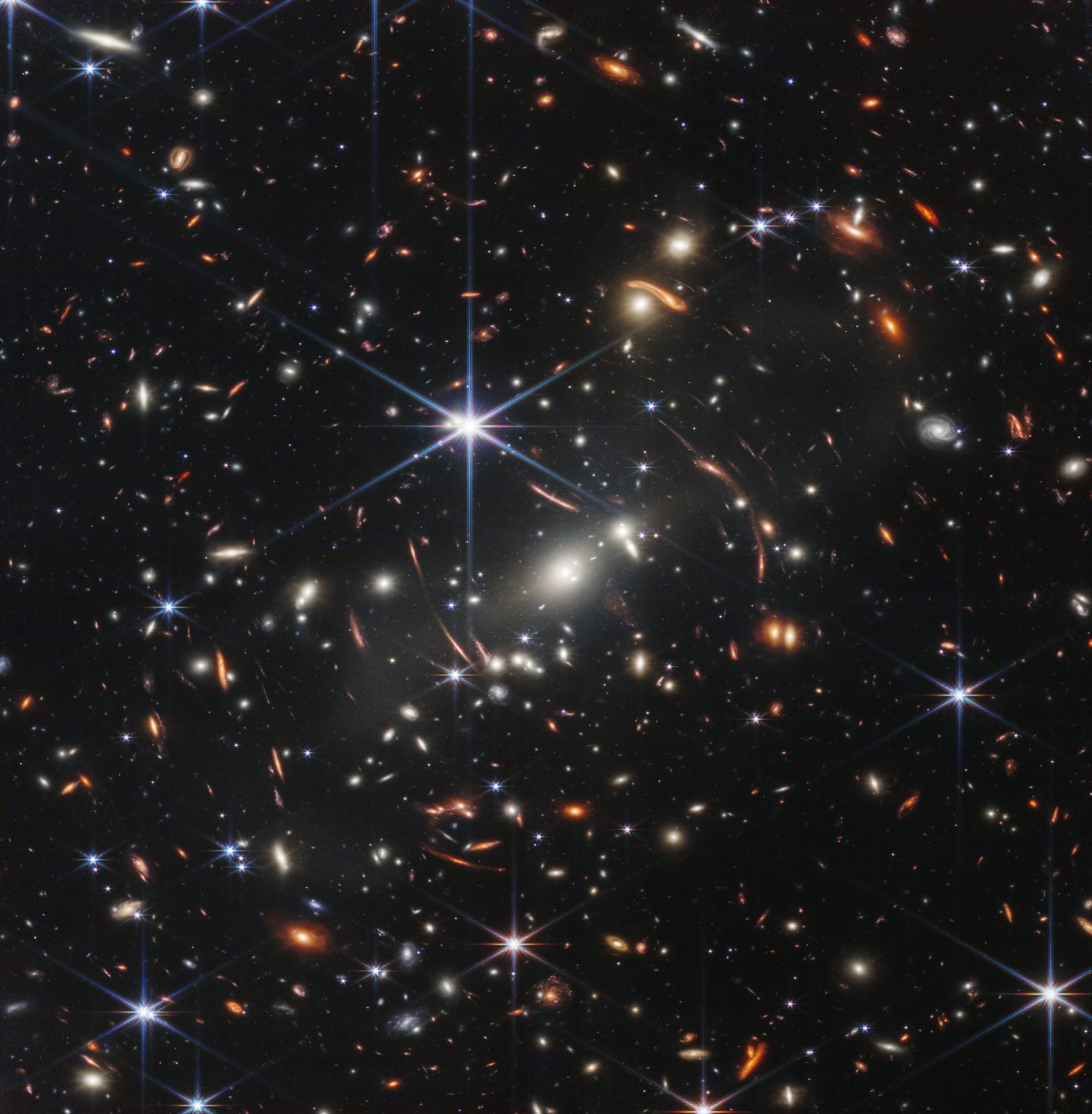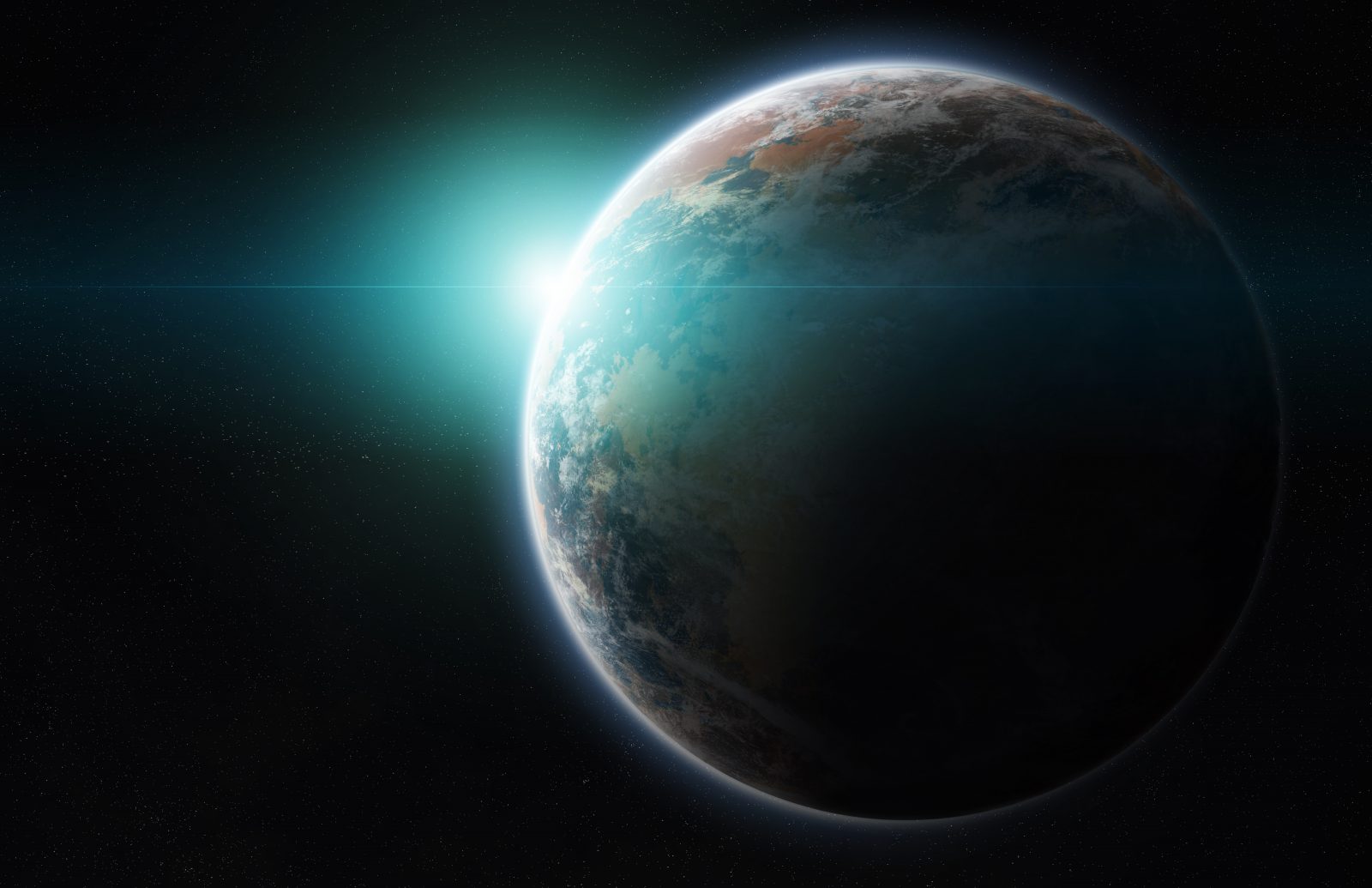
Stephen Meyer: James Webb Telescope Supports the Big Bang
On this ID The Future, Return of the God Hypothesis author Stephen Meyer again speaks with radio host Michael Medved about the extraordinarily powerful new James Webb space telescope. One researcher, Eric Lerner, has claimed that what the Webb telescope is seeing many billions of light years away (and therefore, many billions of years in the past) undercuts the Big Bang theory. But according to Meyer, the new photographs coming back from Webb actually further confirm the reality that our universe had a beginning (“the Big Bang”) and that it has been expanding ever since. What these Webb images are forcing a rethink on, Meyer says, is the conventional wisdom among cosmologists on galaxy formation in the early universe. Meyer insists the evidence for a cosmic beginning is stronger than ever, as is the God hypothesis that it supports. Image from NASA.
